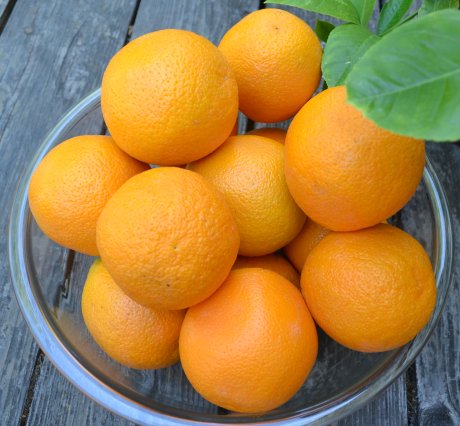One of the best ways to keep in touch with us is to join our email list. You’ll receive a free copy of Our Top 12 Strategies for Long Term Success on A Raw Plant-Based Diet eBook along with regular information about raw food and plant-based diets and periodic promotions for our classes, events, and other offerings!
In Defense of Research
I recently read an online article in which the author criticized nutrition-related “science” and “research.” His criticism focused on the notion that research quickly becomes outdated as more current research takes its place, so what is the point in paying attention to it at all? I understand this questioning, but must suggest that the answer is not as simple as the author would imply.
First of all, let’s explore the term “research”. The most common use of this term is to describe use of the scientific method to test a hypothesis in a controlled setting. In more relatable language, research is done to gather evidence that either supports or opposes a point of view, or adds to our knowledge of a subject. Let’s say that a researcher wants to assess the vitamin C content of oranges. In order to do this, the researcher would obtain a sample of oranges and use the appropriate technology to measure the vitamin C content, among other things. The amount of vitamin C found in this particular orange sample is new information, since it was just tested. Does this new information necessarily invalidate previous research done on the vitamin C content of oranges?
In my opinion, no.
I view this new information as additional knowledge to add to our growing understanding of the vitamin C content of oranges. I do not always see older information as being irrelevant, instead I recognize the importance of evaluating evidence on a case-by-case basis. For example, let’s say that a researcher wants to see if there is a change in the vitamin C content in oranges over a 50 year period. In this study, some of the data collected on the vitamin C content of oranges is decades old. Most people might think of this information as being outdated, but in the context of this comparison study, it is entirely relevant.
The bottom line is that we cannot lump all research into one category. In my opinion, if one believes that research is not worthy of consideration because it eventually becomes outdated, they are missing out on lots of great information as it becomes available. There is much that we know and much that we have yet to know. To discount research as incomplete is missing the very point of research, which is to discover new information.
Here is a real world example: should we not utilize the technology of today because it will be outdated tomorrow? Nothing will ever be 100% complete or perfect. If our knowledge on a topic is 80% complete, should we discount that 80% just because we don’t know everything yet? We recently watched the new Star Trek movie in 3D in a nearby theater, and enjoyed it very much – so much that we would like to see it again. Should we not purchase the blu-ray to watch it again at home because we don’t have 3D and our sound system is not as good and screen not as large as we experienced in the movie theater? Should I not use a computer because it will eventually become outdated?
I personally love to watch the evolution of information through all types of research, be it peer-reviewed studies, clinical outcomes, or personal experience. There is always more to explore in the health and nutrition field, and to discount any information is a missed opportunity to learn what may be the key to unlocking one’s health potential. I see research as an adventure of discovery and am happy to have the opportunity to watch the progression of knowledge in this exciting and ever-changing field!
One of the best ways to keep in touch with us is to join our email list. You’ll receive a free copy of Our Top 12 Strategies for Long Term Success on A Raw Plant-Based Diet eBook along with regular information about raw food and plant-based diets and periodic promotions for our classes, events, and other offerings!

